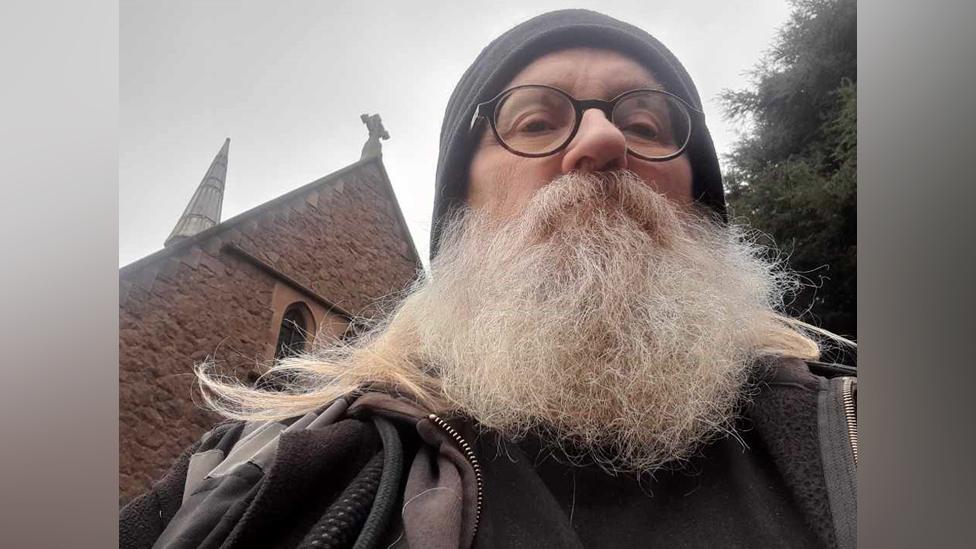My Job: 'Covid has made it impossible to switch off'
- Published
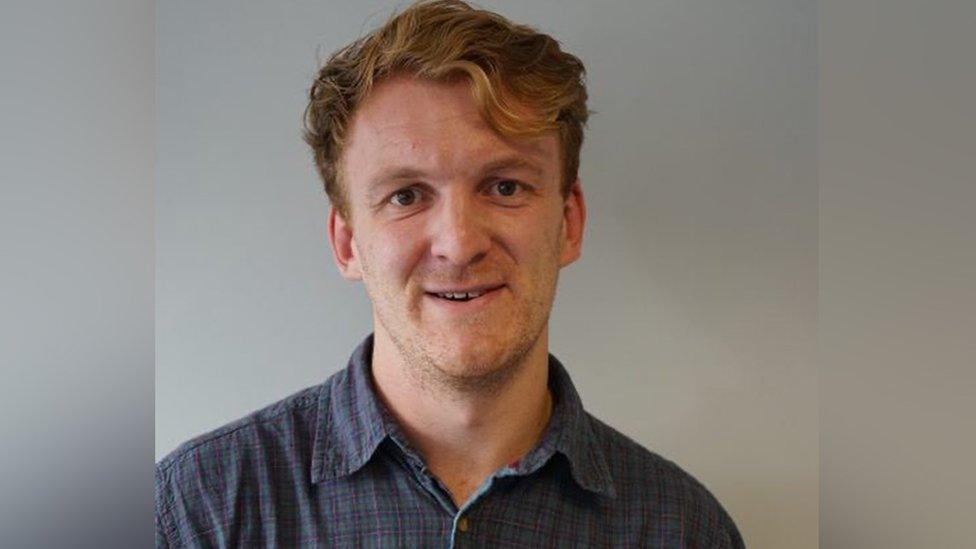
The pandemic has transformed the world of work across the UK and the easing of restrictions has left many questioning what they do and why they do it.
As part of the 'My Job' series we investigate how different people find purpose in their daily work.
Ed Kendall qualified as a social worker through the Frontline charity in 2019. He's recently started a new role in Westminster focussing on long-term safeguarding work with children and families.
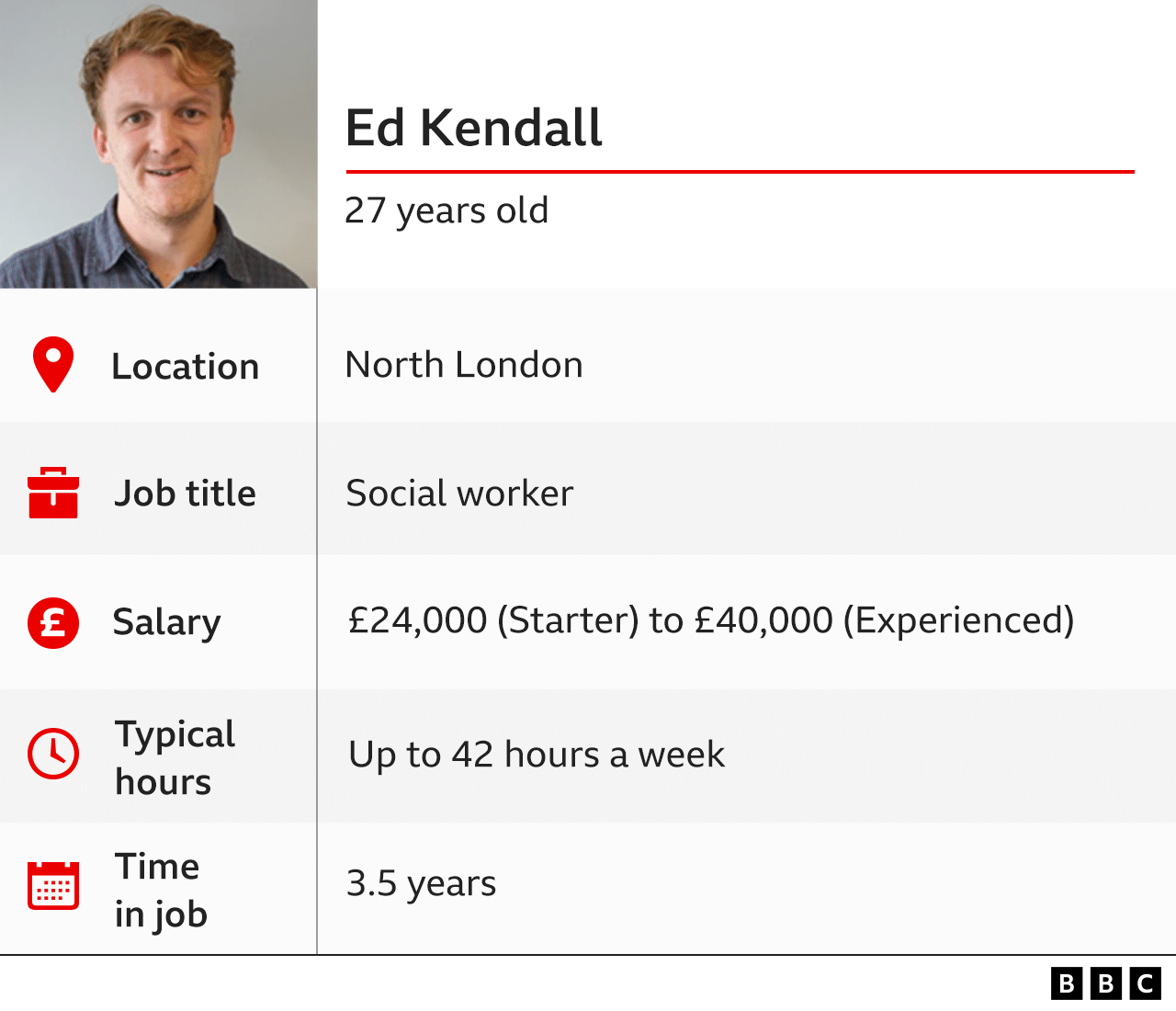
Why did you choose this job?
All of the jobs I've had have been focussed on working with children. I had taught English and cared for an autistic child, and I really enjoyed the caring aspect - helping a young person overcome a challenge they might have. It might seem small or insignificant at the time, but it can have a big impact on their development.
I had a few friends and family members who were social workers too, and I wanted a job where the focus was working directly with the child.
I did consider teaching. But I found the pastoral role and the challenges you have in social work more attractive.
How did you find the job at the beginning?
When you first start out, it takes a while to get used to what the job really is [involves].
If a crisis happens within a family, everything else gets dropped. You might even [end up] doing really practical things like helping a family to buy furniture or food.
The aim is that you're slowly given different families to work with, to get your head around the role and fit that around everything you've learnt - like the relevant legislation.
It is a bit of a shock to the system, and there's no end to surprises in terms of what can happen in a family's life, or what children say... Working with a family who had quite large snakes roaming around the home, along with a parrot that was quite loud when we were trying to have quite a serious conversation, was one lighter, stand-out, moment.

Routes into social work
University course: Complete a degree or postgraduate qualification in social work approved by Social Work England, external. You'll usually need two to three A-levels, or their equivalent, to go to university.
Apprenticeship: Start a social worker degree apprenticeship, which takes about three years. Often four or five GCSEs are needed at grades 9 to 4, or equivalent, for a degree apprenticeship.
Training: You could apply to do a work-based training programme. These are usually offered to graduates. Frontline, external, which offers a salary, and Step Up to Social Work, external give training for those who want to get into children's social work.
Volunteering: Before qualifying as a social worker, you can apply to be a social work assistant or support worker. You can also gain experience by volunteering in the community with a charity, or through paid work.

What does the day-to-day look like for you now?
Every day, and each family, is vastly different: in Westminster, you'll be working with a caseload of up to 15-17 children.
Your job is to help co-ordinate and plan support in the safeguarding team, and really support the needs of [each of] the children in the long-term.
It might be that you're chairing a "child-in-need" meeting of professionals from school, mental health services or domestic abuse practitioners say, to make sure the plan for that child is working properly, or tweak it if it's not.
You could also be visiting a child at school, supporting them through thinking about what's happening at home, or understanding the experience they've gone through. The 'life story' work is different dependent on each child and their circumstances - talking through if they're in a care placement, have had to flee different refuges, or explaining what work their parent is doing, if there is alcohol abuse at home.
What are the biggest misconceptions about your job?
I think the biggest misconception among the families we work with, is that a social worker's job is to remove children from families. Of course, unfortunately, that is something that can happen. But, as a service and for me [personally], we believe that families are best when they're kept together.
Often my friends, or family, don't really understand that either. Typically people might say: "Oh, that must be really difficult."
It can be, but I think there's a gap of knowledge around what a social worker does. During the pandemic, we were often left off the list of amazing frontline workers that were being recognised. I think the role social workers have in society is less thought-about.
Has the role changed over the pandemic?
When the pandemic first started and schools shut, referral rates dropped right down.
My caseload dropped from working with 20 to 25 children in my old job, to just working with one child. That was really worrying because all those risky behaviours and families in need of support didn't change, but people were going without. Or people weren't able to make a call to a professional if they were locked-in with an unsafe person.
It can be really hard to do work with children as well as gauge their true wishes or feelings when they're at home, maybe in an environment where they don't feel safe.
Even today - with job losses and the impact on mental health the pandemic has had - we've seen certain cases where people have started using [drugs or alcohol] again and children have been neglected. It will have a really long-term effect.
How do you manage the impact on your own mental health?
You do need a certain resilience because you're dealing with sad situations on a daily basis.
I find there's no rhyme or reason to which incidences are more upsetting. You might find it harder to switch off if you connect particularly well with a certain family or child, so having a good team around you is essential.
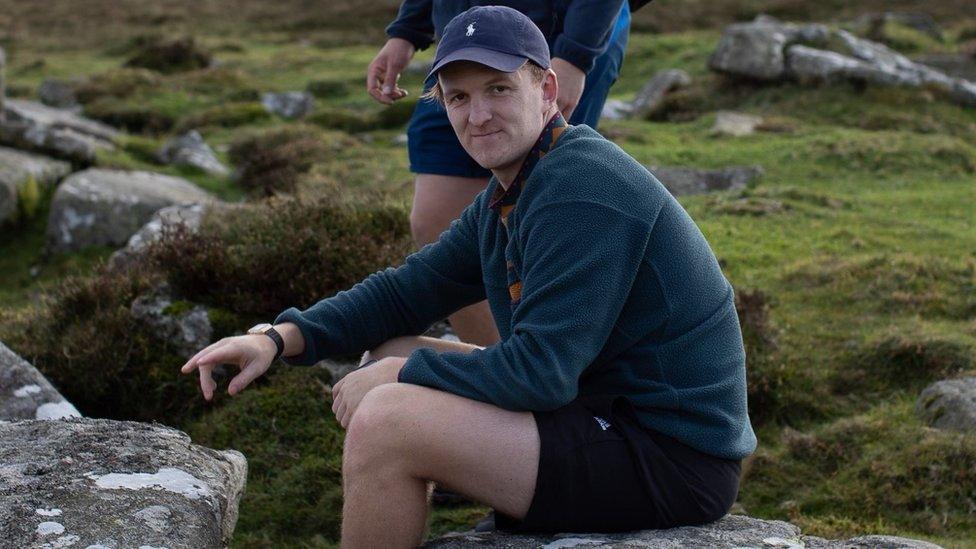
Of course, it has been harder during Covid, to switch off. At the end of the day, you shut your laptop, but I'm still sat in my living room and there's nowhere else to go.
So, I've tried maintaining relationships with people I met through my training at Frontline, so there's somebody to off-load to, and I think exercising has been quite important as well in terms of keeping your mood up.

Children's social work in numbers
32,502 in England in 2021
16.3 - average caseload
4,995 - number who leave during the year, the highest number in the last five years
6,522 vacancies
Source: Government statistics, external

Do you think people underestimate children?
Children are incredibly resilient - and there's no end to being surprised by what they say, or do.
And ultimately, I am a children's social worker, not one for the parents. [The children] are able to achieve amazing things and overcome such difficult experiences.
I think one of the key problems in social work has been that in the past 10 years the government has made cuts that have had a big impact on early intervention services. So, the aim for those teams, would be to identify difficulties in a home early on and stop them increasing. But with less funding, less services are available too and that has a direct affect on the children.
What advice would you have for others considering this career path?
It can have an emotional impact on you, but it really is an amazing job.
If you enjoy working with people and children, you get to form really amazing relationships with them.
It can be difficult sometimes to recognise the good work you do in a dark situation.... But when you get a bit of positive feedback from a family that you work with, you do realise you can have a huge impact on a child's life.
This interview has been condensed for clarity.
Related topics
- Published28 January 2021
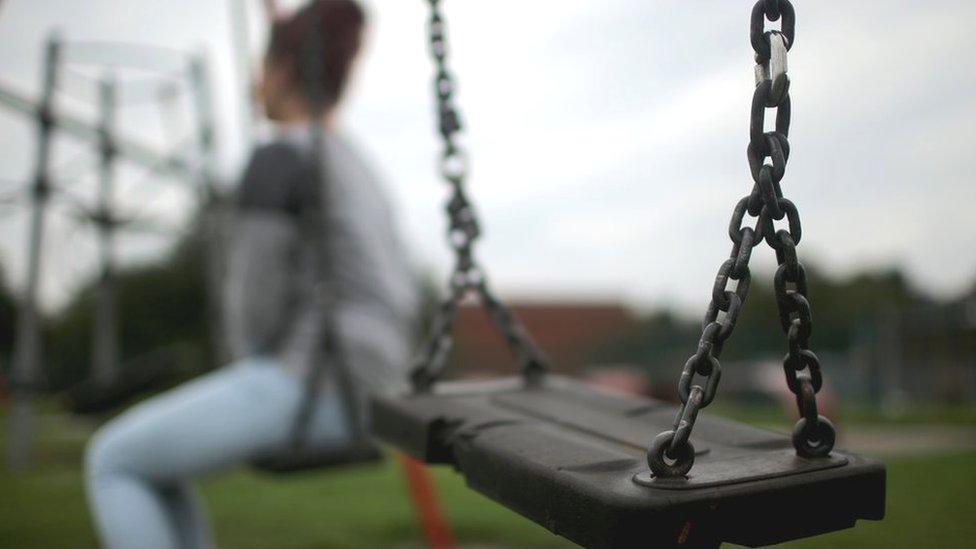
- Published6 January 2022
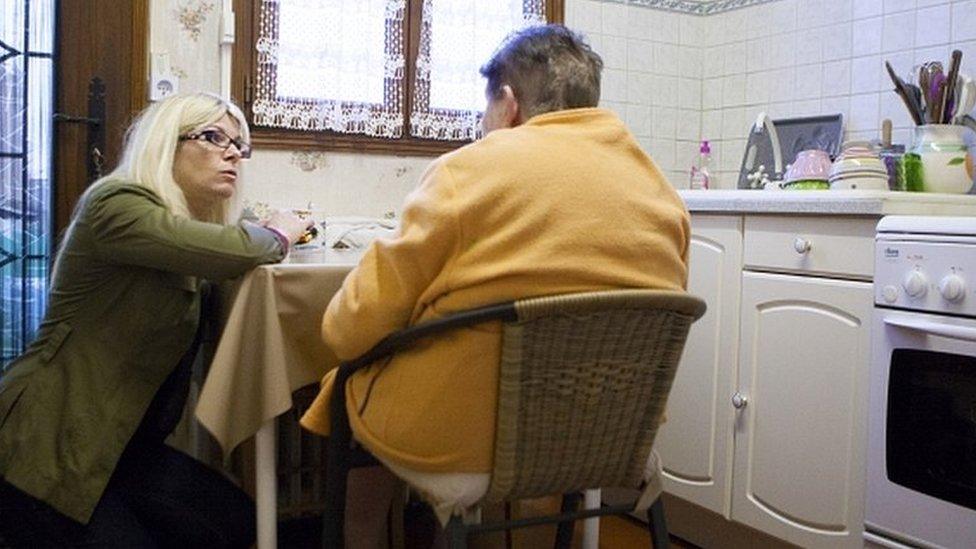
- Published27 January 2022
